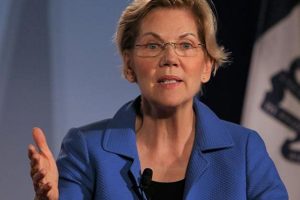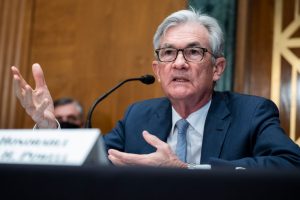Sri Lankan President Gotabaya Rajapaksa has refused to resign from his presidency despite countrywide protests that call for the 72-year-old leader to step down, minister Johnston Fernando told the Parliament on Wednesday.
“May I remind you that 6.9 million people voted for the president,” Fernando said according to news agency Reuters.
“As a government, we are clearly saying the president will not resign under any circumstances. We will face this,” he added.
Sri Lanka is currently in the midst of a grave economic crisis that has resulted in skyrocketing inflation, 13 hours-long power cuts and fuel scarcity.
Citizens across the island nation have been protesting on the streets, urging Rajapaksa to resign over his poor management of the ongoing crisis.
Also Read: ‘Sold everything to China’: Why are Sri Lankan traders mad at Rajapaksas
Since last week, over a hundred protests have echoed in the country’s towns, according to the WatchDog research collective.
Calls to resign were also heard in the parliament when 42 lawmakers belonging to the ruling coalition stated that they will become independents, leaving the leader’s government with a number less than 113 to maintain a majority.
On Tuesday, President Gotabaya canceled a state of emergency, just days after imposing it amid the escalating tensions in the country’s political landscape.
Also Read: Sri Lanka: Rajapaksa regime at risk as MPs withdraw support | 7 points
The state of emergency that went into effect on April 1 was revoked as of midnight April 5, Rajapaksa said on Tuesday.
Keeping a close eye on Sri Lanka’s crisis, the Office of the United Nations High Commissioner for Human Rights (OHCHR) said on Tuesday, “We will continue to closely watch developments. As noted by the High Commissioner in February, the drift towards militarisation and weakening of institutional checks and balances have affected the Sri Lankan State’s ability to effectively tackle the economic crisis. The High Commissioner has also previously voiced concern that the Government responds to criticism and dissent in ways that undermine civil space, and we reiterate these concerns today.”





